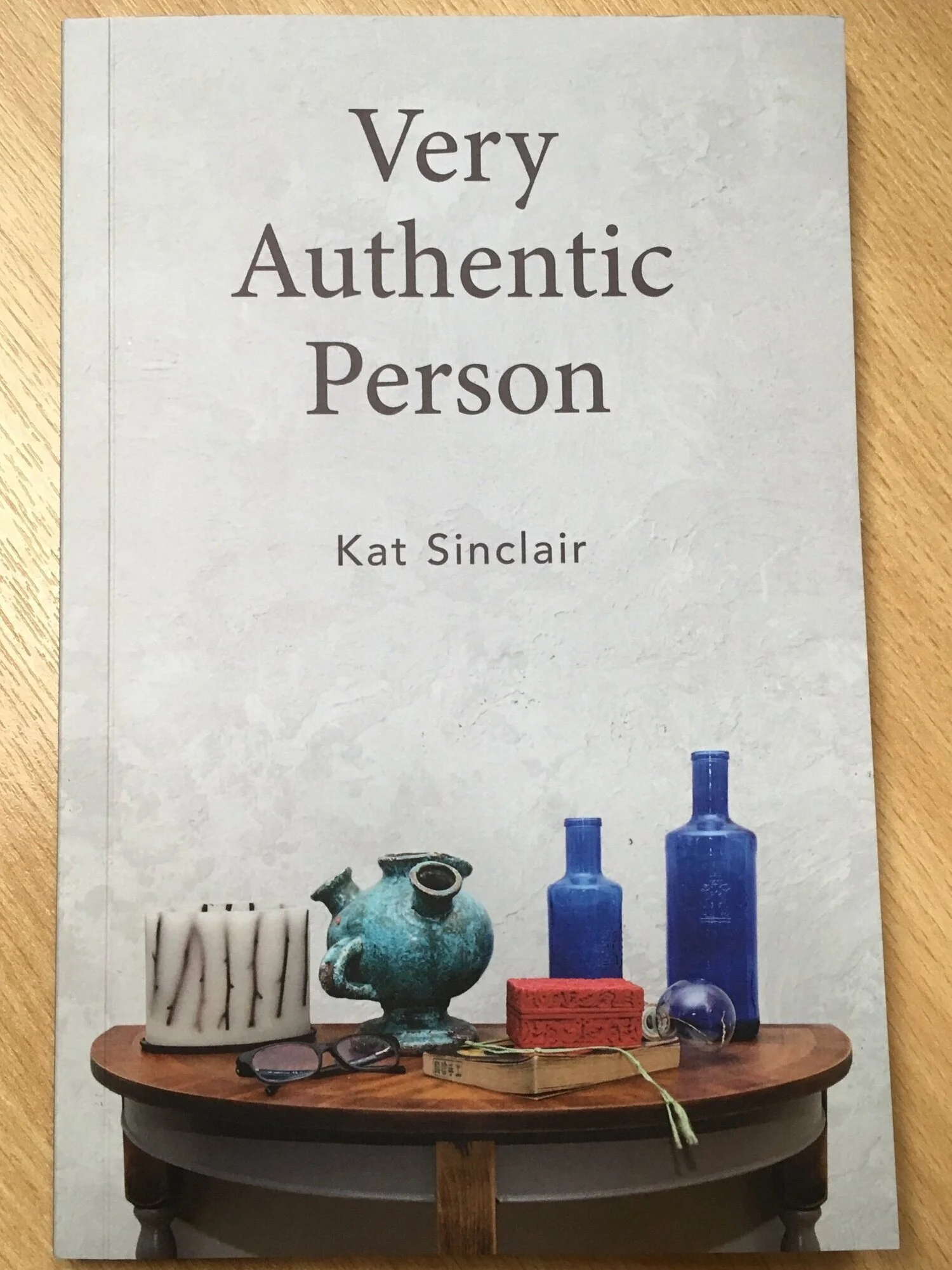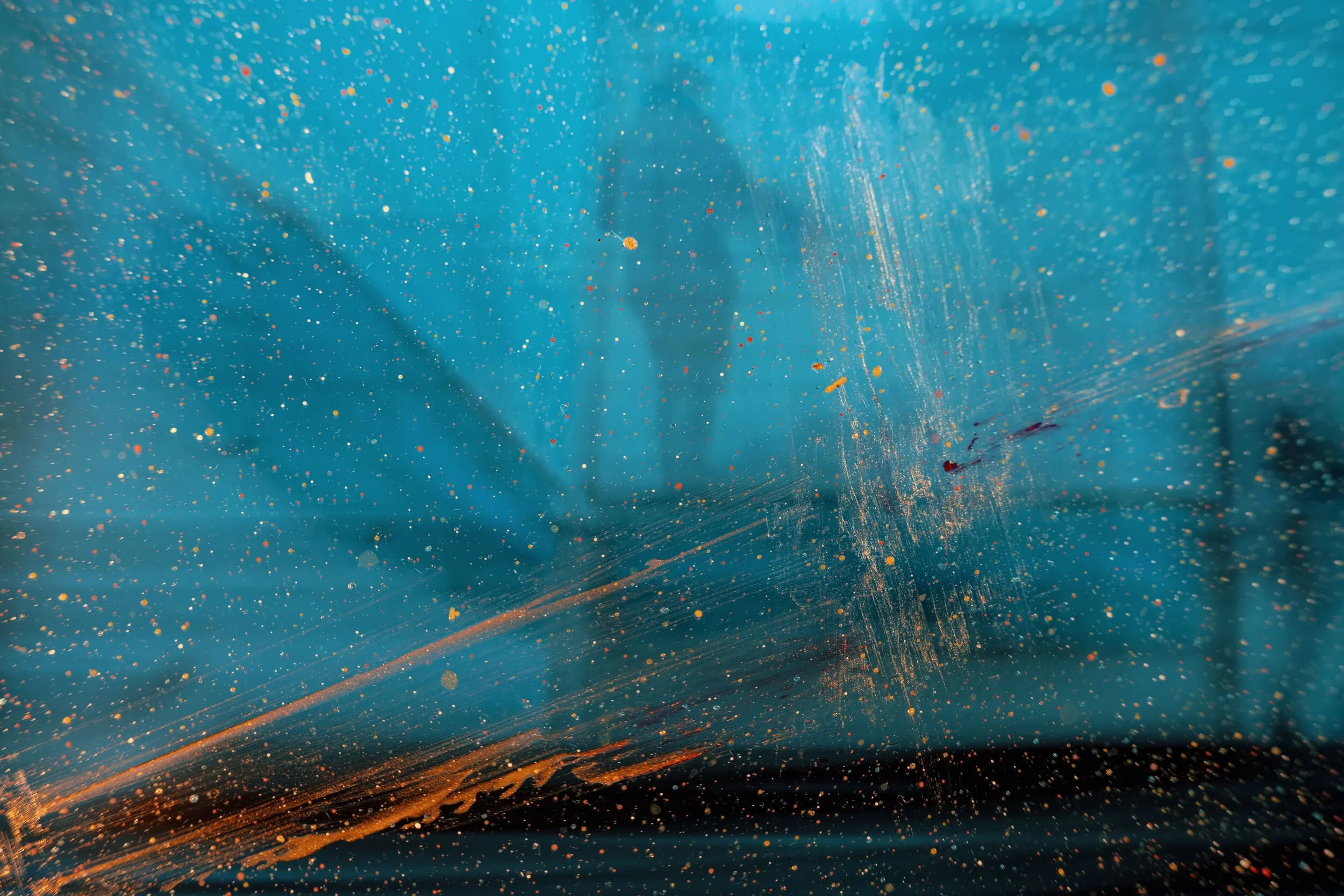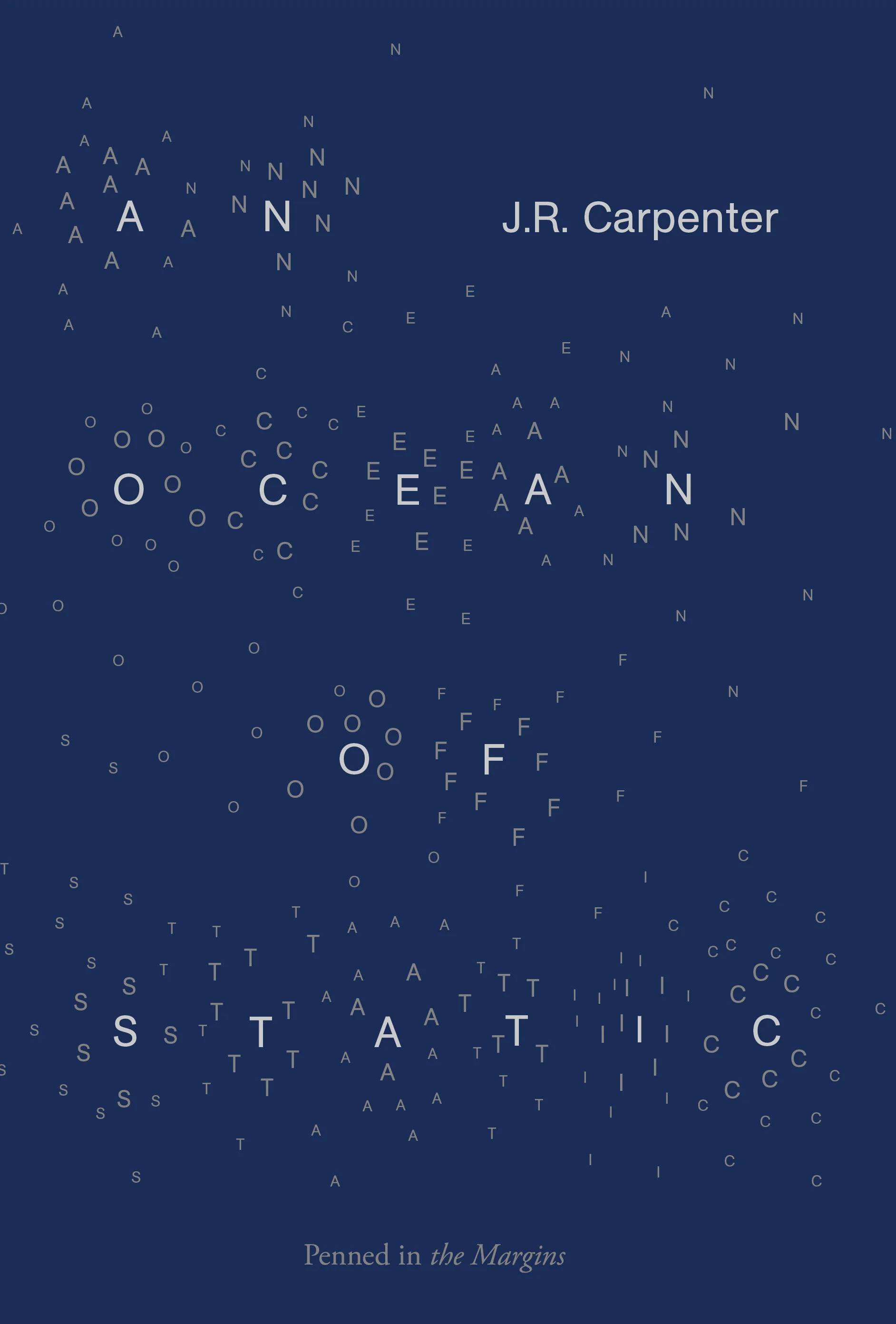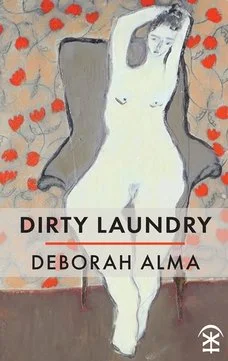In the Coen Brothers’ movie Barton Fink, there’s a moment when a shotgun-wielding John Goodman charges down a burning hotel corridor screaming: “Look upon me! I will show you the life of the mind!”
Loosely styled as a choose your own adventure story, I will show you the life of the mind (on prescription drugs) offers an increasingly bleak – and bleakly funny – account of the journey of an individual through the mental healthcare system. It’s a grim safari taking in the skin-deep kindness of doctors, and group therapy sessions at which no-one is attractive because ‘this is England’.
And Fowler’s perspective is soaked with England.
The world outside looks like your wurld inside. Your mind is becoming pebble dashed. It is folded within a findus crispy pancake. You try to stay off the television, and replace it with the internet. Work colleagues have noticed you are working better, they invite you for a drink. Did you hear Janine’s brother has cancer? The weather has been terrible for August.
What hope for a pebble-dashed mind, lashed by a bad summer? The world curdles; the spelling of the word itself curdles. The mind is enclosed inside a savoury snack, popular in the ‘80s. Today, the Findus brand is dead like a parent; its child continues to work though, rebranded now under the Bird’s Eye banner. We are valued always in terms of our productivity. The conversation turns inevitably toward sickness.
This depressive, discomfiting Englishness pervades the book. One section, extolling the benefits of benzodiazepines, appears to lift like a balloon out of the fog. That is, until it emerges that we are reading a comment lifted from an online article. Its positivity is quickly dismissed when we – through his use of the second person, Fowler makes the reader his protagonist throughout – realise that it was written by an American.
In this as in many other examples, I will show you the life of the mind... uses its downbeats to reveal a shadowed comedy.
There are fake five quid notes in your fridge.
And the person you thought you loved, who has never loved you,
has bought you a soda stream machine.
You have a blue slush puppy in your hand.
Happy birthday.
Do you A, clean up
or B, burn the house down.
Again, this leavening of darkness by the surgical insertion of an item from childhood. Humour in this text comes when you least expect it. You feel as if someone knows you truly, then they go and buy you a soda stream machine. You feel the sudden chill on the hand of a gaudy drink you didn’t realise you were holding. Is everything over now? Should you run like a deranged John Goodman down the burning corridors of your life? (I should say here that my wife bought me a soda stream last year as a gift. It was very welcome and I am very happy with it.)
Fowler foists uncertainty on us, and some of the most memorable passages of the book evoke the inescapable, unaccountable peril of an anxiety dream.
Here we find ourselves on a bus. In keeping with the conventions of anxiety dreams, we are exposed to others: we perceive the vehicle’s interior as a theatre, filled with observers.
When you shift your chair just a few centimetres from the middle of the stage, to better see the driver, it falls out beneath you. This in front of a full audience and with a series of glasses below. You are not embarrassed, as its quite spectacular.
You stand up and say ‘my arse is wet’, then some elderly person points out to you your leg had been cut and blood is streaked across your clothes. The glass cuts into your knee joint, you were lucky to not have slashed your wrist. A different older human being asks you, are you alright love? Yes you say, they’re taking effect but they’re not working proper.
What is it that falls out beneath us? Fowler wields a great power in that small word, ‘it’, which opens in its lack of specificity to offer an envelope for whatever nightmarish spectacle we care to fold inside. Then the humiliation of not knowing the thing about ourselves that is most plain for others to see. Though we hope to hide them, do we walk around every day with our own psychic peculiarities on display, betrayed by the tics of our unconscious, like blood spatter on our clothes that only we can’t see? Yes, probably.
Fowler’s writing zeroes in on these zones of discomfort in the same way it zeroes in on comedy. This is literature as trepanation, as a venting of bad pressures. He includes a seemingly cut-and-pasted passage on the practice.
There is a good reason why obelion trepanation is uncommon: it is very dangerous.
Headaches can be unbearably intense (Credit: Science Photo Library/Alamy)
Headaches can be unbearably intense (Credit: Science Photo Library/Alamy)
It appeared as if all of these people were trepanned while they were completely healthy
The remnants of the text’s previous life online remain. The repetition in this example has the effect of diminishing the impact of the words. They appear dispassionate, rote. We can’t see the image to which they relate. A dangerous practice, performed on healthy patients, or victims, is reduced to the yammering of web-voice and ghost-code.
Perhaps there is another reason for the inclusion of this passage. Trepanation does violence to the brain, with the intention of healing the mind. Yet throughout this book, the brain is hailed as master to the mind. There is an antagonism in this, and it comes to define the book. Like someone in an anxious thought-spiral, it is a book in conflict with itself. As reader/protagonist, we seek medical help, but see medicine as a kind of invasive violence. We are accused of ‘evoking kindness and love while savaging your enemies.’
The book leans towards violence often, and Fowler’s writing is strong when it is at its most visceral.
This unfortunate man with mental health challenges at the bustop says what’s wrong with your eyes? You answer him with a tight lipped what? and then his eyes glint, softly, crouching over. He’s trying to keep them in. In his head. His eyes could virtually spill, the cutaneous fluid emerging, naturally, like a pimple squeezing itself, through the jelly lid.
These touches of horror are typical of the book in that they threaten to overspill boundaries. What appears stable and ordinary is often disturbed, fractured, framed in flames. The hotel corridor is on fire. John Goodman is coming at us with a shotgun. But there is an undoubted tenderness here, too. As I mentioned, the book is written in second person, in what seems a reaching out toward the reader, a choice towards empathy.
For a choose your own adventure story that asks a lot of questions, I will show you the life of the mind... offers little in the way of resolution. But nevertheless, Fowler balances the hardness of his words with a cautious optimism.
I sit with my patient and hold hands,
and think there’s no word for this moment.
Balanced, I see rats lying in wait and I think, I like rats.
Ultimately, ‘even the common and consistent nope began with a yes.’ At the beginning, even for those of us caught in the snares of anxiety and depression, ‘one atom said yes to another.’







